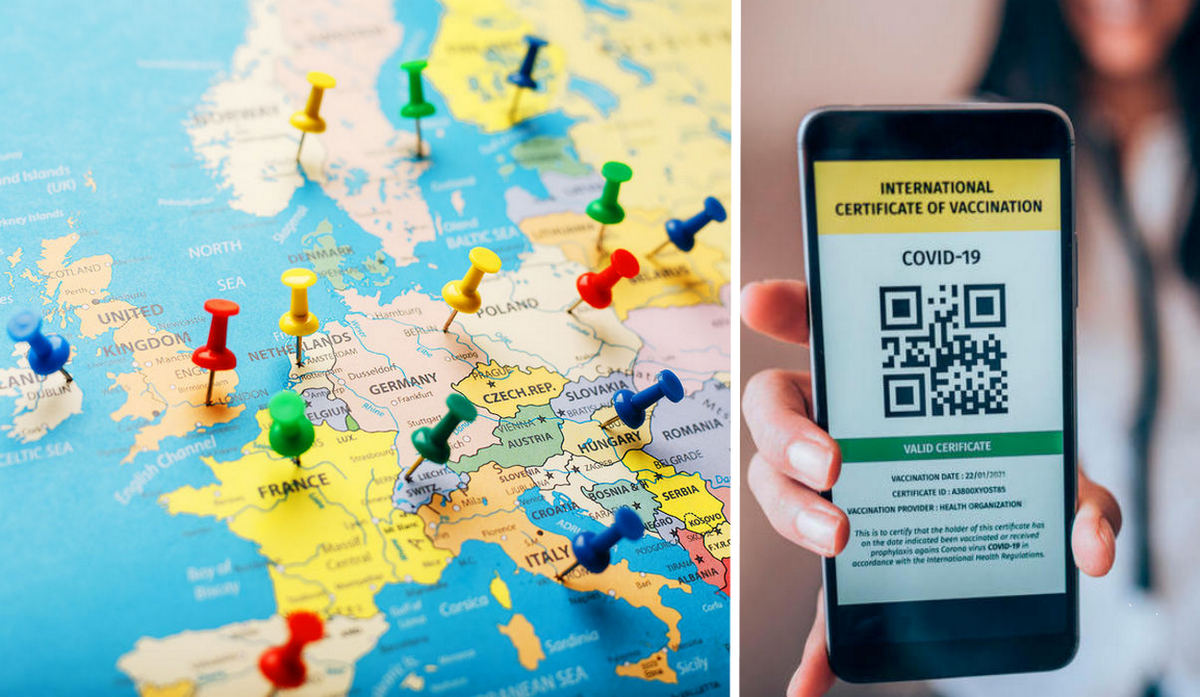Foreign travelers planning to enter the European Union / Schengen area, including Ukrainians, as well as EU citizens living in the Union and wishing to travel within the bloc, may face difficulties after 1 February, as their vaccination certificates will no longer be recognized. European authorities will give priority to “freshly vaccinated” tourists.
As soon as the new rules come into force, stricter entry rules will apply to those whose sanitary pass with a primary vaccination mark expires. For example, requirements for testing or quarantine. It will be easier for tourists to travel in Europe who have received the second component of the vaccine or have been revaccinated. They are subject to simplified entry rules without the need for testing and quarantine measures.
It will be recalled that the Commission set a standard period of adoption of the EU digital certificate for COVID – 270 days, ie 9 months, subject to both doses of antiviral drug, but left the leadership to decide independently. This time frame takes into account the introduction of booster doses after 6 months with an additional 3-month break. Austria, the Netherlands and Switzerland are just some of the European countries that have already announced that new measures will be applied to tourists from next Tuesday.
Austria
Last week, the Austrian authorities followed the recommendations of the European Commission and said that primary vaccination certificates would allow tourists to enter the country only if the last dose was received within the last 270 days. However, it was emphasized that only vaccination certificates indicating completion of the full course of vaccination within the last 180 days will be accepted to confirm 2G status during a stay in Austria.
“In order to confirm your 2G status during your stay in Austria, from February 1, 2022, the validity of your 2nd vaccination will be reduced to 180 days,” said the Austrian authorities.
The so-called 2G certificate has been in force in Austria since November 8 – it must be obtained by sick or vaccinated citizens and tourists. Without it, access to restaurants, hotels, cultural institutions, recreation and care, cosmetology, as well as lifts is prohibited.
Netherlands
As in Austria, the Dutch authorities have stated that from 1 February the validity of vaccination certificates will be reduced from twelve to nine months. In other words, every traveler must be revaccinated so that his pass is considered valid when entering the Netherlands.
Switzerland
In addition, Switzerland will also follow the recommendations of the EU Commission and will only recognize vaccination certificates marked 270 days. The validity of the vaccination document can be extended by receiving a booster dose.
Unlike other countries, the Belgian Advisory Committee refused to follow the general recommendations and decided to reduce the validity of vaccination certificates from 270 to 150 days from 1 March. This decision was made in order to encourage more people to revaccinate against COVID-19.

